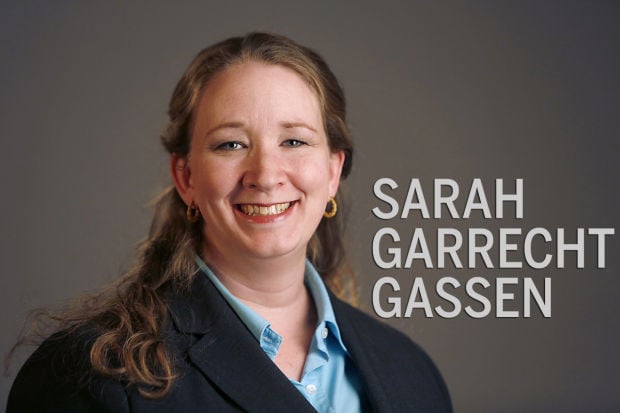As Inauguration Day looms at the end of the week, I’m taking a trip down memory lane. Destination: January 2009.
This thoroughfare is pretty crowded.
I recall the elation, the expectation, the excitement. In a few short days George W. Bush and Dick Cheney would be gone, and we would be there, in front of the U.S. Capitol, with so many thousands of fellow Americans, to witness and welcome in a man, a family, whose very existence in the White House demonstrated progress and change.
We walked for miles. We stood for hours in the low-20s cold, amid new friends. We shivered, our own Midwestern roots having long given way to the allergy to cold that comes from making a home in the Arizona desert. We laughed with the family from one of the Dakotas, or maybe it was Wyoming, I forget, who left their coats unzipped.
Standing in that crowd, we celebrated the change of power, the change of vision and the hope that our nation would find its way again. We cheered progress. We cheered unity. We cheered the triumph of hope over fear. We cheered a new president, Barack Obama, but it felt like so much more than the embrace of one man. It was the embrace of America — an America we recognized, full of potential.
And now, eight years on, thousands of other people will gather on Mall in front of the Capitol and celebrate the swearing in of the man they’re putting their hopes in, Donald Trump.
They will feel the excitement, the expectation, the feeling of belonging. They’ll chat with people from across the country and be heartened that so many others share their views of America — what they claim as their America.
But those hopes, affirmed in Trump’s promise to make American great “again,” is about retreat.
It’s a look backward, to a time when one’s experience of America’s greatness depended very much on who you were, where you were born, if you were straight, the color of your skin, your gender, if you had a disability, your wealth — or lack of it.
Is the desire to return to those specific realities motivation for most Trump supporters? I can’t say. But the a campaign fueled by a desire to “make America great again” leaves room for examination.
When did America stop being great?
And how far back should we go? Eight years? Twenty? To the Voting Rights Act? The World War II? Back before suffrage? Emancipation? The Bill of Rights? Back to the Continental Congress, or Ben Franklin’s appeal to Parliament? Back to rule by a royal family?
And how will we know America is great again? When unemployment is down? When millions of people have gained health insurance? When the auto industry is solid again? When the stock market is in good shape?
Because if those are the markers, we’re already good to go. But that’s not it.
Wanting to return to a time when your own life was better, and more predictable, is understandable. The ability to make a good living, even what constitutes a good living, has changed.
What could be taken for granted in decades past — the viable industries, job security with a high-school diploma, the ironclad dominance of the white male — no longer hold.
Standing in that massive crowd eight years ago went beyond cheering change. It was an honor to participate in the living idea of our nation.
Jan. 20, 2009 was about change as improvement. But progress creates pushback, and that’s where we are today. It will be rough going, and we have much to be on guard against and to protect in the coming years.
A U-turn may be a change in direction, but it’s temporary. We will find our way forward again.





